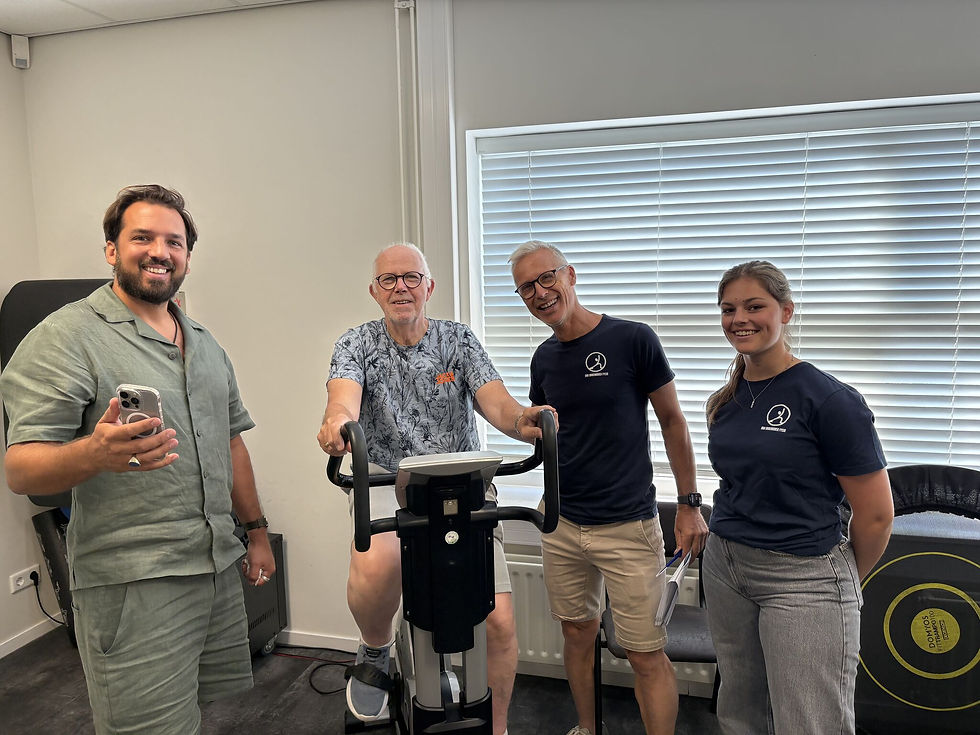A Breakthrough in Sepsis Detection and Patient Care
- Maarten Gijssel

- Feb 12, 2025
- 2 min read
Updated: Feb 13, 2025
Sepsis is a life-threatening condition responsible for approximately 11 million deaths worldwide each year. Early detection and treatment are essential to improving patient survival rates, but diagnosing sepsis in intensive care units (ICUs) can be challenging, particularly in hospitals with limited resources. At BIOSTEC 2025, we are excited to present an innovative approach integrating non-invasive sweat lactate monitoring with digital health support, offering new possibilities for managing sepsis more effectively.
Our oral presentation will focus on a groundbreaking study that evaluates the clinical effectiveness, feasibility, and safety of the IDRO Reader, providing clinical endpoints in combination with the CoNurse digital platform. This research aims to transform how sepsis is diagnosed and managed in ICUs while supporting patients during post-discharge recovery. Continuously tracking sweat lactate levels eliminates the need for invasive blood sampling and enables real-time monitoring of patients at risk of sepsis.

In our study, patients will be monitored to compare sweat lactate data with traditional blood lactate levels. Additionally, clinical data such as organ function scores, biomarkers, and vital signs will be analyzed to develop predictive machine-learning models for early sepsis detection. The study will also assess how effectively these platforms integrate into current medical workflows and improve patient outcomes.
This research can redefine how sepsis is detected and managed, reducing ICU burden while enhancing patient care. Attending this presentation at BIOSTEC 2025 will provide valuable insights into the future of non-invasive monitoring, predictive analytics, and digital health innovations.
We look forward to sharing this important work and engaging with healthcare professionals, researchers, and technology experts dedicated to improving critical care worldwide. Join us to explore how wearable biosensors and digital health solutions are shaping the future of sepsis management.
Project number: 5555, Integrated Sepsis Management System: Combining Wearable Technology and Digital Health Support (ISMS-DHS) Funded by:
 |  |




